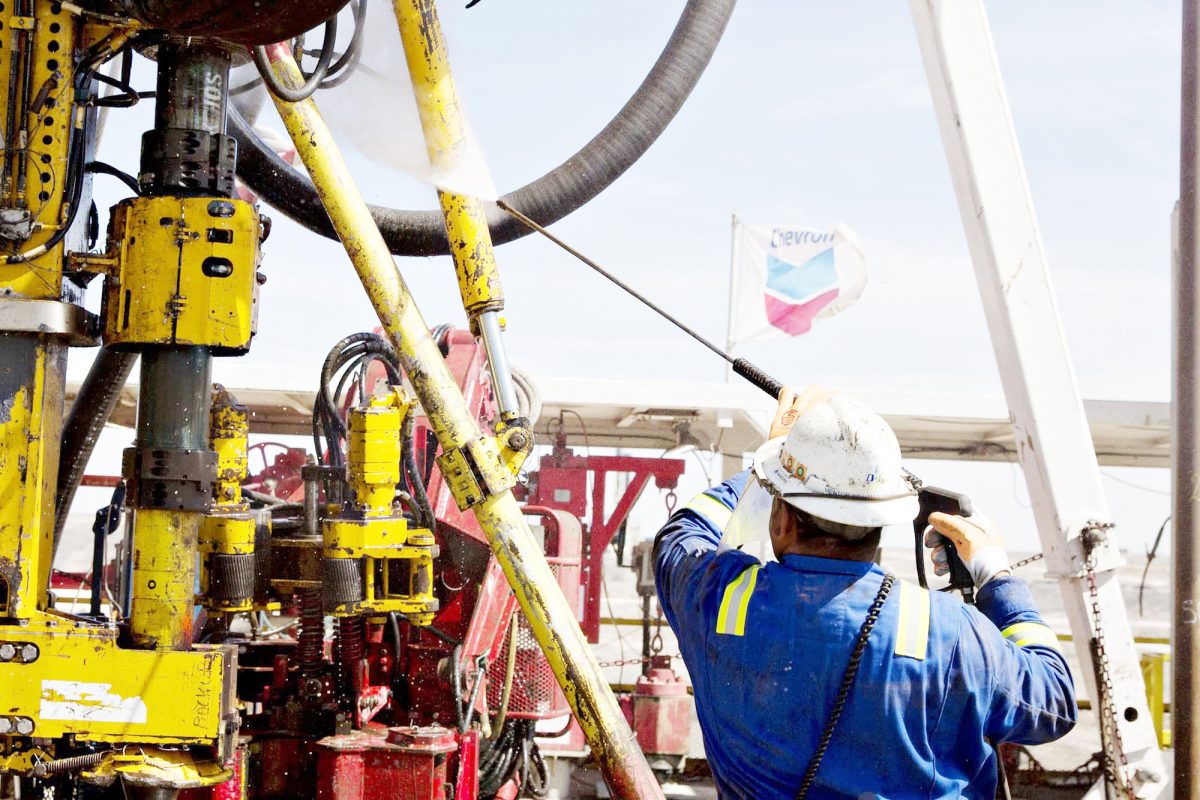Seized of its own strategic interests rather than any new-found change of heart towards the Maduro administration in Caracas, the Trump administration has moved the goalposts once again in the matter of the presence of US oil companies in Venezuela. Having long targeted Venezuela for harsh economic sanctions in its relentless bid to pressure Maduro into stepping down, Washington now appears, increasingly, to be hedging its bets when it comes the country’s strategically important oil industry. Said to possess the single largest reserves of crude oil anywhere in the world, the viability of Venezuela’s oil & gas sector depends heavily on investments in the technological growth of the industry that come in the main from US powerhouses in petro-technology.
Over time, Washington has been seeking to close the door on Caracas’ earnings from its oil & gas industry by both cutting off its markets by imposing sanctions against outside buyers and drastically reducing US involvement in the oil sector there. As the political pressure on Venezuela has intensified, the US has been ordering its own oil companies and other support entities to cease doing business with Venezuela leaving the California-based Chevron Corporation, one of the world’s best-known all-rounders in the oil and gas industry, as virtually the last man standing.
Chevron, which has operated in Venezuela for almost 100 years, currently operates a number of both onshore and offshore projects in Venezuela which, should these cease operations, is certain to throw yet another huge spanner in the works of the country’s economy.
Having long called time on most of the other US private sector entities operating in Venezuela as part of its ring of economic sanctions targeting the Maduro administration, the Trump administration has continued to hold off on ordering Chevron to pull out of the South American nation by first setting exit deadlines and afterwards, extending them. It did so again, for the fourth time, on Sunday, in a disclosure that Chevron and four other US service providers in the oil sector, had been given clearance by the Treasury Department to continue working in Venezuela for a further ninety days.
No one it seems, is betting on those ninety days being the proverbial end of the line for Chevron in Caracas. Washington may be keen on the removal of the Maduro administration but watchers of relations between the two countries say that its greater interest, at least for now, is to ensure that through Chevron, the US continues to have access to the world’s largest reserves of crude, its other severe sanctions against Venezuela, notwithstanding.
In excess of a year since the US Treasury Department first announced its sanctions in November 2018, the ritual of ‘rolling over’ Chevron’s stay in the country has become familiar. The other US companies that share the waiver with Chevron are Baker Hughes Company, Halli-burton Company, Schlumberger Ltd, and Weatherford International Ltd. All of which provide various support services to the oil and gas industry.
While the previous waiver was due to expire on Wednesday, the new one now further extends Chevron’s stay in the country until April 22 this year.
US President Trump, however, is not having it all his own way, with skeptics apparently concerned that a Chevron pullout from Venezuela would effective cede access to Russian and Chinese oil companies.
Other major oil companies including ExxonMobil Corp. and ConocoPhillips have long exited Venezuela after having had their assets seized during the administration of the now deceased President Hugo Chavez.










